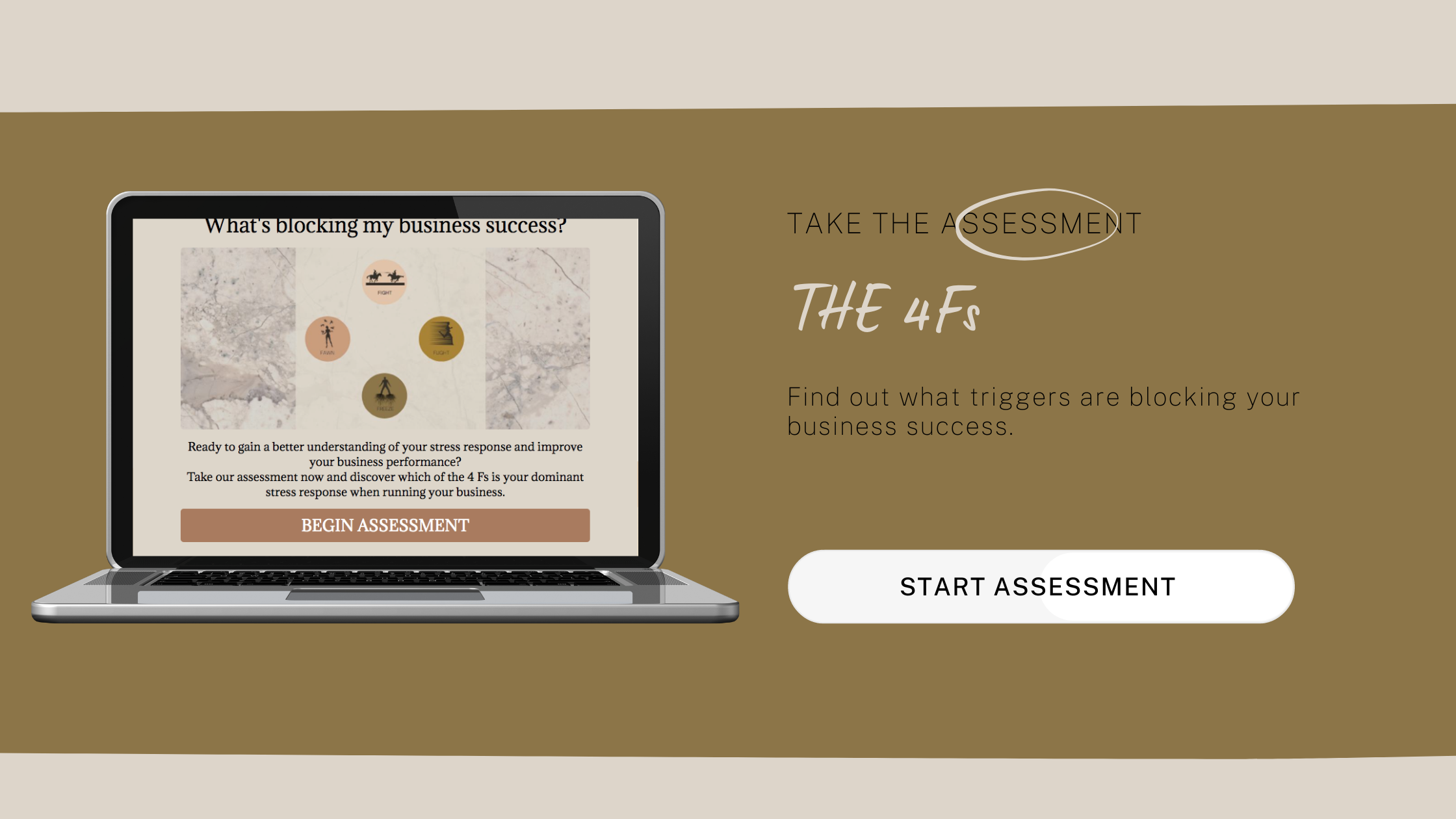Sneaky Symptoms of Imposter Syndrome

Imposter Syndrome is a term used to describe the psychological phenomenon of severe feelings of self-doubt causing people to feel fraudulent in their professional or personal lives. While not a formally recognized condition, it is estimated that roughly 70% of all U.S. residents deal with the syndrome at some point in their lives.
It tends to be characterized by persistent self-doubt, high anxiety levels, increased frustration, and low self-esteem.
Many symptoms can be identified with imposter syndrome, but you will find some of the most prevalent below.
Serious Avoidance: The fear of failure for those with impostor syndrome leads to patterns of avoidance. To protect themselves from being exposed, individuals with impostor syndrome will often avoid activities and tasks that they perceive themselves as possibly failing. Avoiding failure becomes a greater necessity than trying the task at all.
Constant Comparison to Others: A frequent need to look at others' accomplishments is not only a symptom of impostor syndrome, but it also reinforces the syndrome. Looking at others' intellect, skillset or accomplishments becomes a means of validating one's lack of those things. This feeling can lead to even more comparison and even more feelings of inadequacy.
Irrational Fear of Failure: Those with impostor syndrome struggle greatly with a fear of failure. In their minds, failing will expose them as frauds. Failing is the ultimate enemy. This fear can become so pervasive that it persists even amidst evidence that suggests the person will be successful.
Inability to Accept Praise: It can be difficult for those with impostor syndrome to embrace praise because they don’t attribute their successes to their efforts. Therefore, they don’t feel worthy of their achievements and cannot embrace a compliment or praise.
Feelings of Complete Inadequacy: Often, feelings of inadequacy accompany impostor syndrome. The persistent self-doubt causes individuals to struggle with feeling like they are constantly not enough.
This could mean feeling like they aren't intelligent enough, feeling as if they are not skilled enough, believing they are not deserving, and other thoughts along the same line. These feelings can become debilitating, limiting confidence to the point one does not want to try new things or take on challenges.
Need help figuring out how business stress impacts you?
Take our Business Stress Assessment




